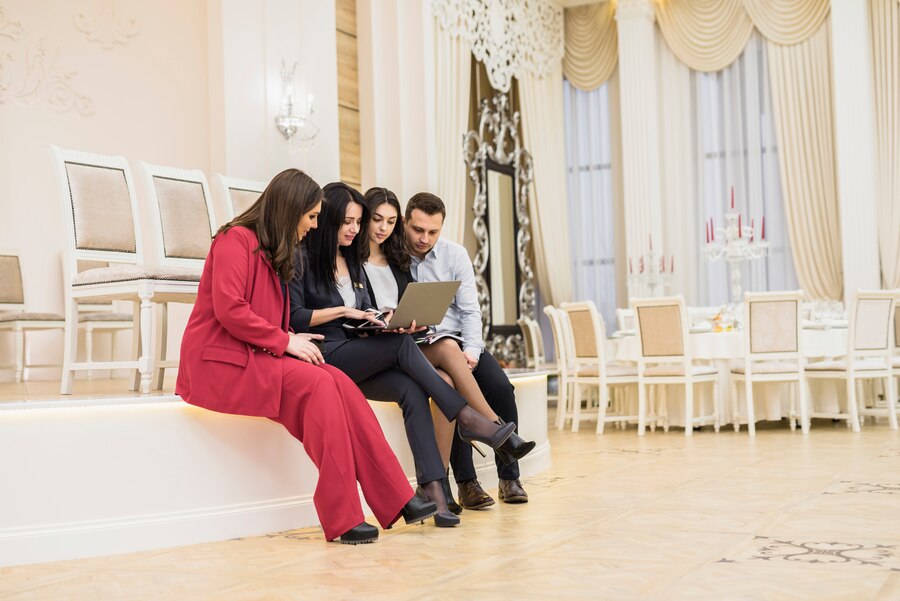There is no denying that oratory skills are a must for a student pursuing law. But just like good oratory skills, active listening skills are important as they help the lawyers develop win-win relationships with clients, colleagues and teams. Active listening skills help a lawyer listen carefully to the client’s story and respond in a manner the client feels heard and more forthcoming.
How well you listen has a major impact on your job effectiveness
As one of the leading law colleges in Ahmedabad, we share some useful tips to help students develop active listening skills:
- Face the speaker and maintain eye contact: A very important part of active listening is maintaining eye contact. While you are talking to a client or a colleague, if you are gazing out of the window or looking into your phone, the other person will feel that they don’t have your undivided attention. Maintaining eye contact lets the speaker know that you are listening.
- Listen to absorb information: Attention to detail is one of the most important skills needed in the legal profession. Commit all your attention to what is being said. Notice the tone and emotions of the speaker. Don’t get out distracted by background activity or noise. The most important thing, don’t be distracted by your own thoughts, feelings or biases. If you are not properly listening, you will not be able to absorb all the details. Details are critical to the practice of law as they are the building blocks of cases. A lawyer’s inability to elicit important facts can reflect poorly on the advice he or she gives to the client.
- Don’t interrupt: Listen and withhold judgment. Let the speaker express himself or herself completely. If there’s something that you have not fully understood, make a mental note of it and circle back the conversation to it. Many lawyers are good interviewers who listen actively and delay asking questions. These skills come in handy in the preparation of cases. If the speaker says something alarming, ask a quick question. But don’t be sentence-grabber and take the conversation in another direction.
- Ask clarifying questions: While it is important for you to listen to the other person with an open mind, it’s likely you have questions. Ask open-ended questions to correct understanding. If you still haven’t understood, paraphrase the questions. Open-ended questions often lead to more information.
- Acknowledge that you are listening: Reflecting back on what the speaker is saying or acknowledging his or her feelings will encourage communication. Avoid passive listening responses such as ‘hmn’ or ‘sure’. Instead, a good lawyer extensively asks questions, reassures and advises clients while they are talking. The principal purpose of active listening for a law student is to build rapport with and to obtain information from the client. For this, the lawyer must demonstrate that he or she has fully understood the speaker.
- Confirm you have understood things correctly: To give the clients an idea that you are listening and following their train of thought, summarise in a few sentences what you have understood. This gives the clients reassurance that they are properly heard.
Here at Unitedworld School of Law (UWSL), one of the best law colleges in Ahmedabad, each law student is made to participate in moot court and mock trials so that they gain a realistic appellate advocacy experience. Our BBA LLB (Hons), recognised by the Bar Council of India (BCI), is designed to prepare students to face multifaceted legal challenges and opportunities of the new millennium.






